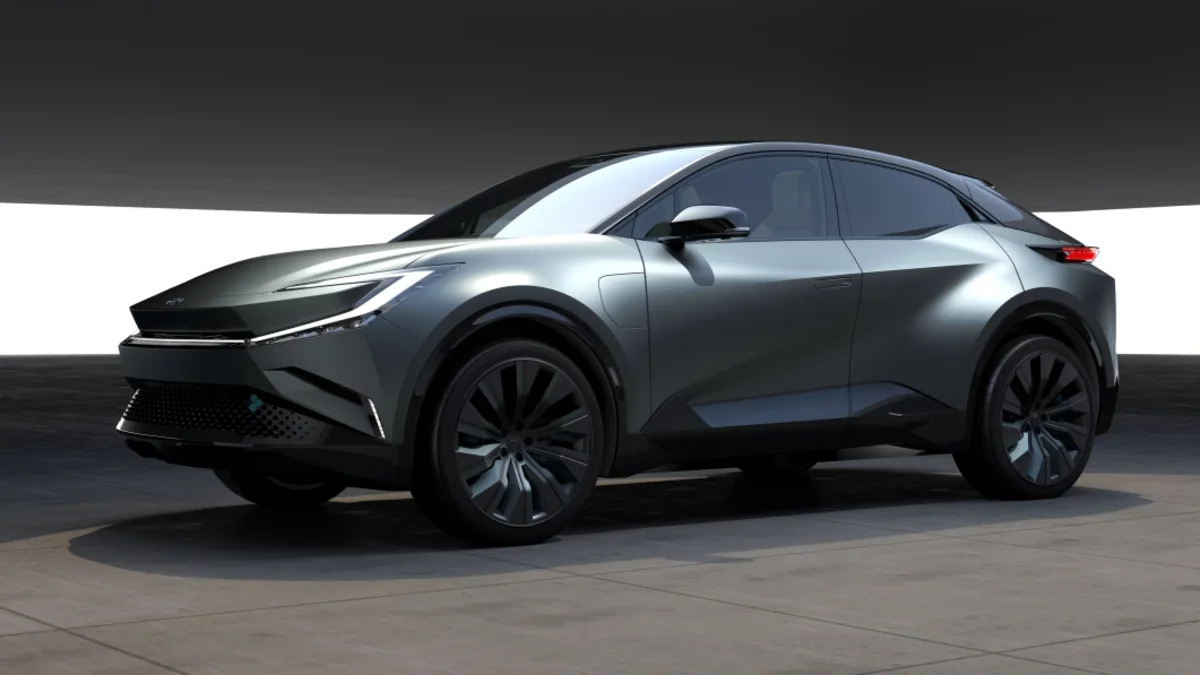Earlier this year, Toyota announced its battery technology roadmap, which included a range of storage options, including solid-state batteries by 2027 or 2028. The Japanese government has also jumped in to help, investing billions to create solid-state battery infrastructure. Petroleum company Idemitsu was a beneficiary of those investments, and the firm recently partnered with Toyota to develop and manufacture solid-state batteries.
Idemitsu has been working with solid electrolytes for more than 20 years and operates a pilot production facility that has ramped up production this year. The partnership doesn’t change Toyota’s plans to release solid-state batteries in the 2027-2028 timeframe. It promised vehicles with more than 1,000 kilometers (621 miles) of range and a fast charge speed of 10 minutes to recover from 10 to 80 percent battery.
Toyota and Idemitsu will work together in three phases over the next few years, starting with improving their solid electrolyte design with lower costs and higher quality. During phase two, the pair will build a facility to house production and development efforts to get the batteries into future EVs. The final phase is the full-scale production of batteries and the construction of market-ready vehicles.
While both companies have been hard at work on solid-state tech for years, their partnership promises to fix some of the problems common with the batteries. Toyota’s CEO, Koji Sato, noted that solid-state batteries tend to develop cracks between internal components during charging and discharging but said that “through repeated trial and error, and by combining the material technologies of both companies, we have been able to develop a crack-resistant material that demonstrates high performance.”
Today’s EVs use batteries with a liquid electrolyte, which, beyond being heavy, can catch fire and have other issues. Solid-state batteries replace the electrolyte with – you guessed it – a solid material that is more stable and energy-dense, allowing the batteries to be smaller and lighter. Once they’re mature and ready for primetime, solid-state batteries should also be easier to manufacture, which could ease EVs’ pricing problem going forward.


Sign in to post
Please sign in to leave a comment.
Continue